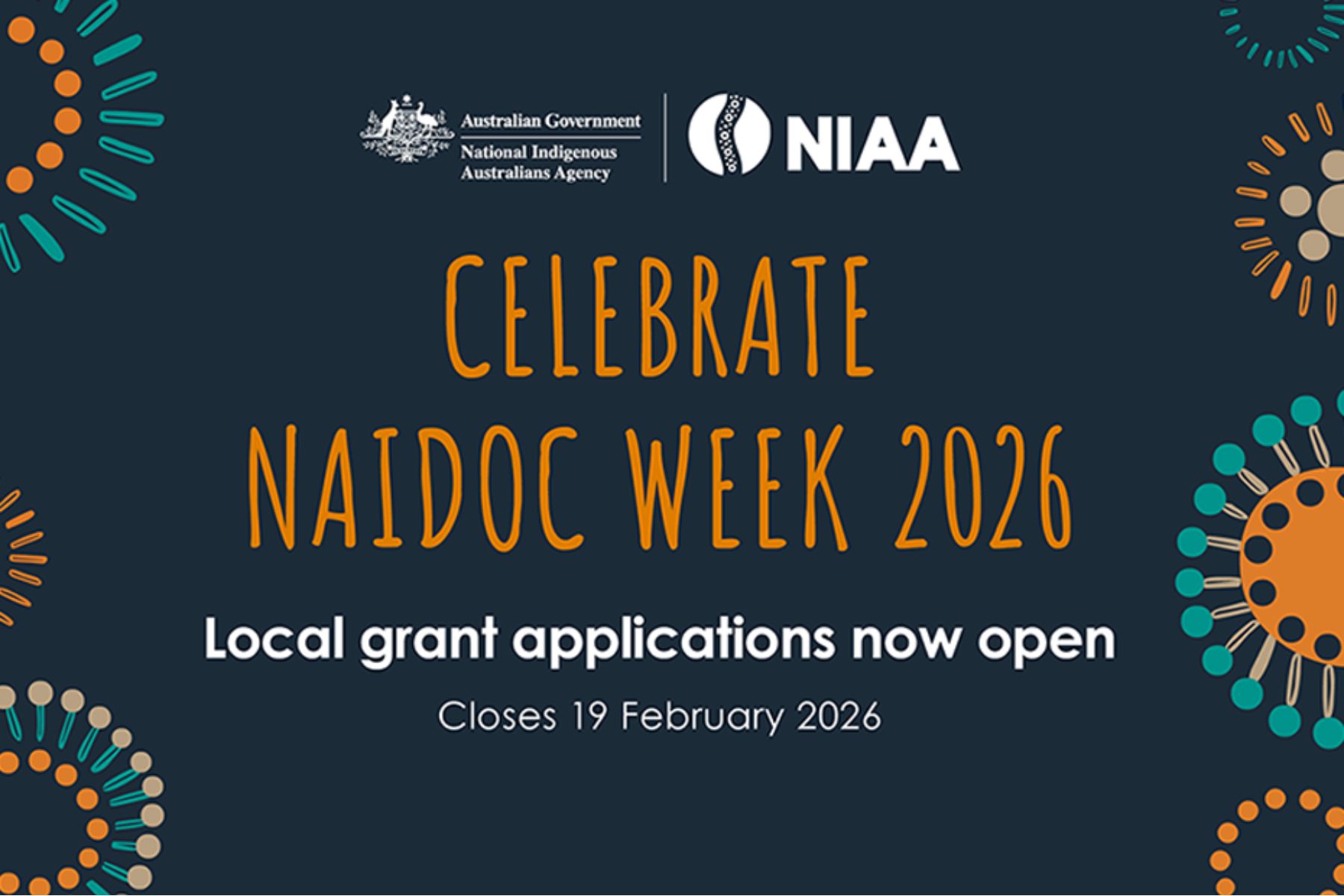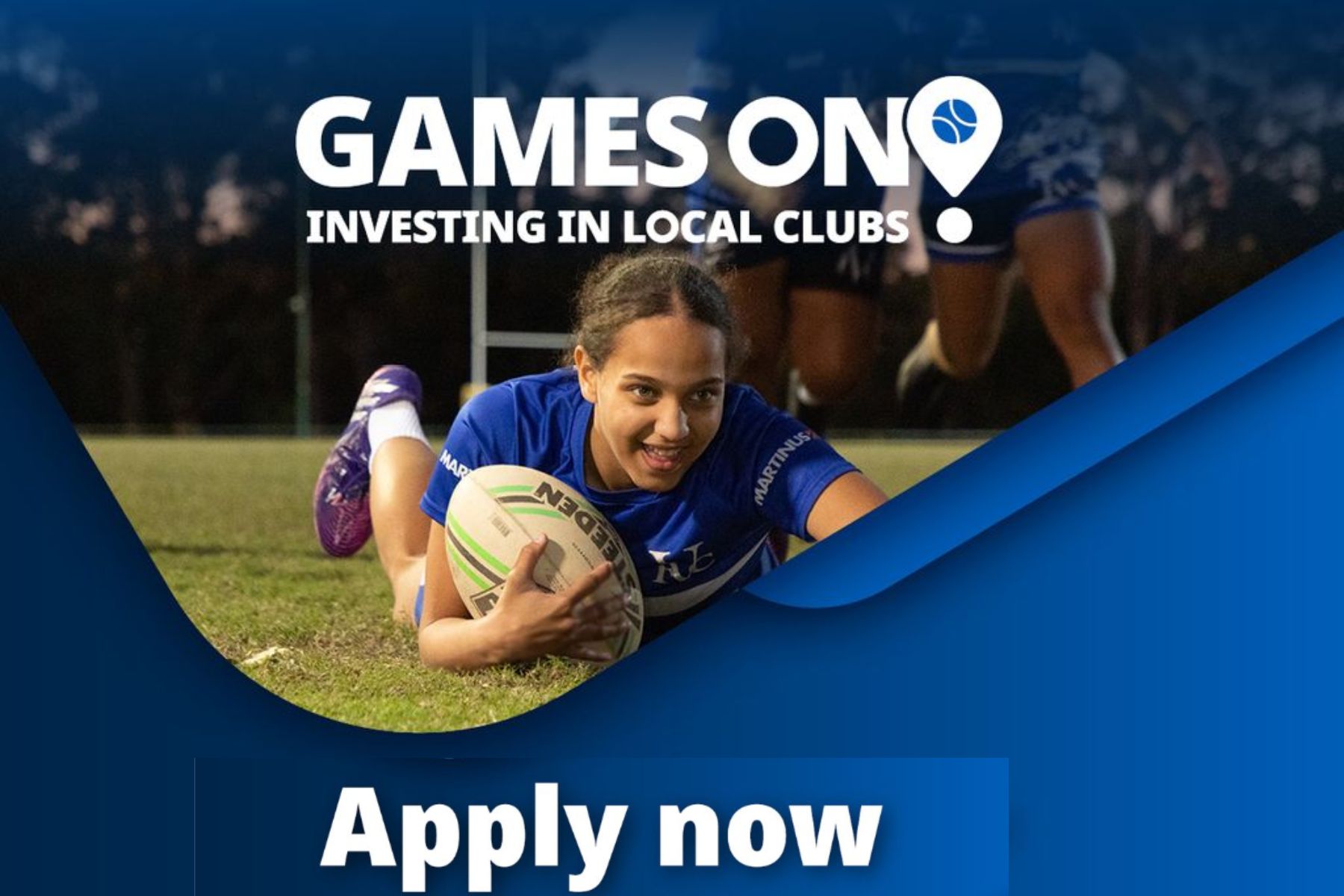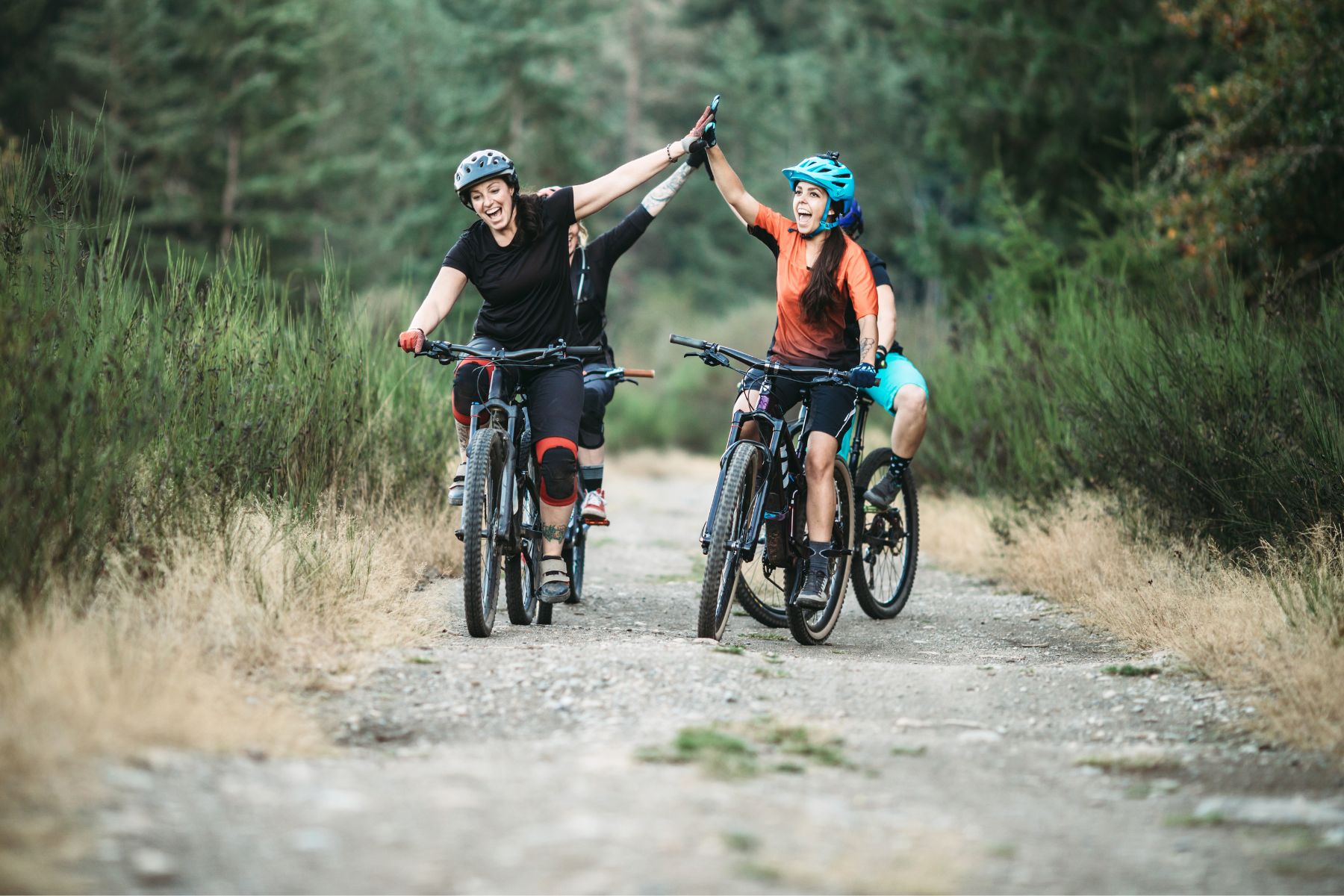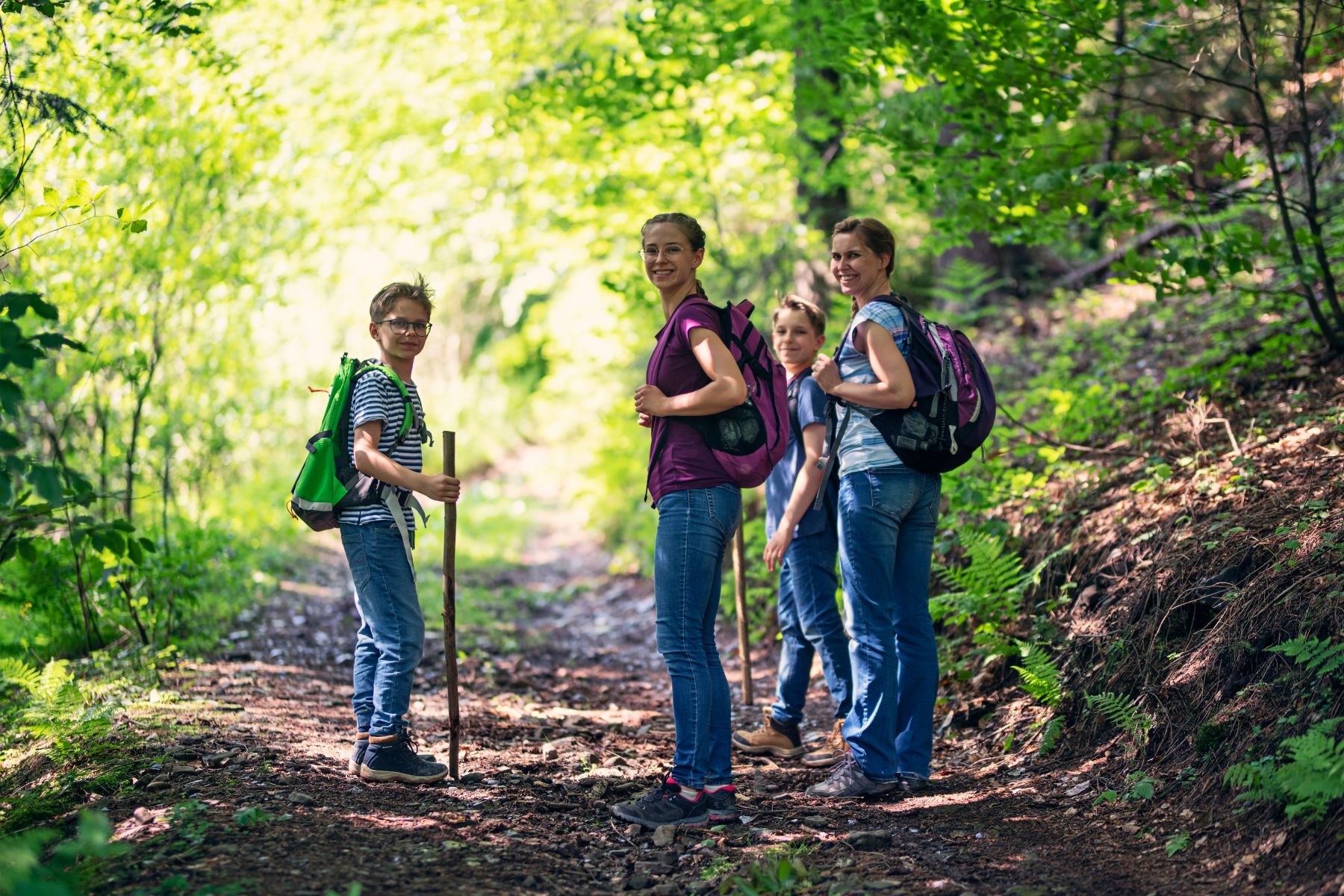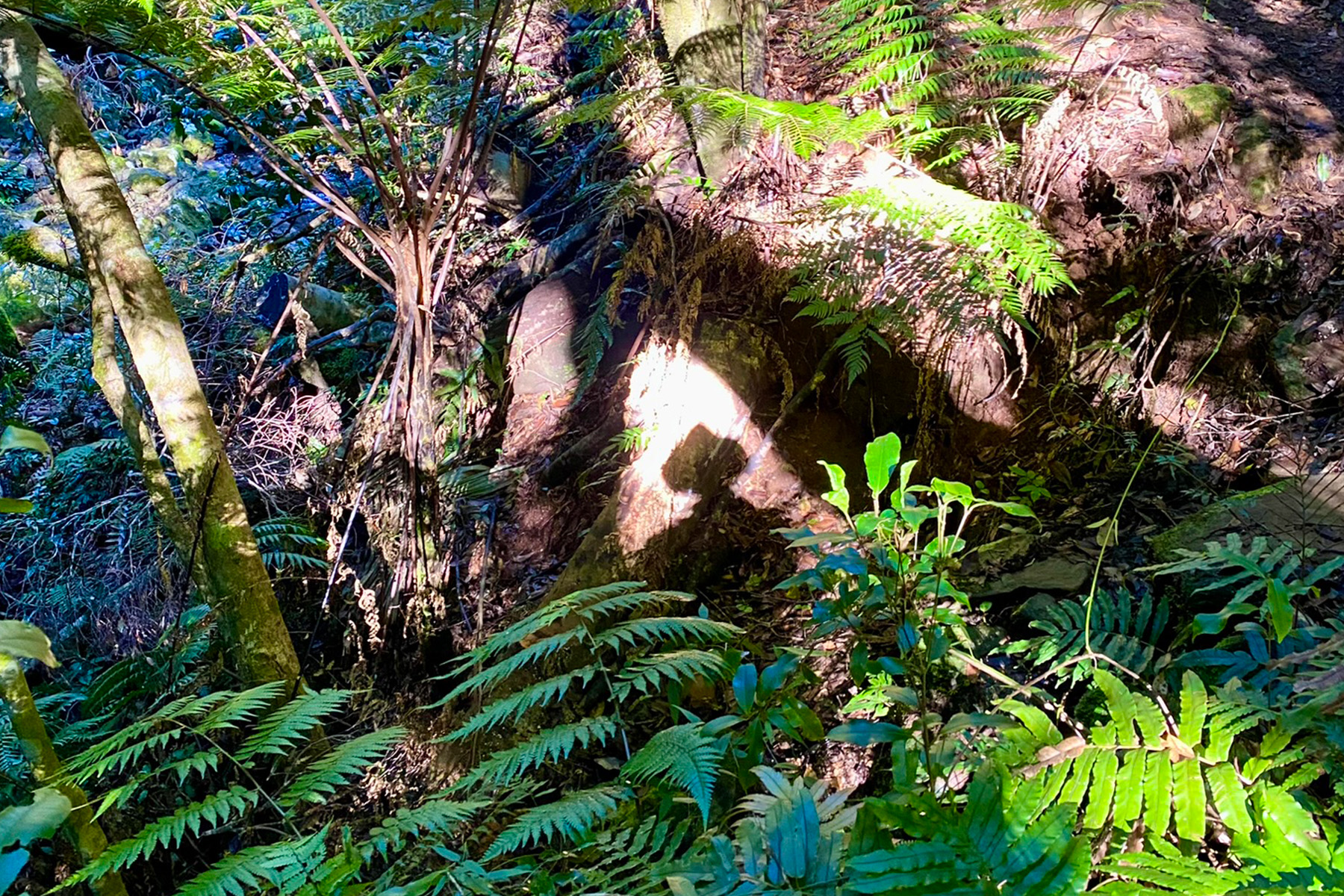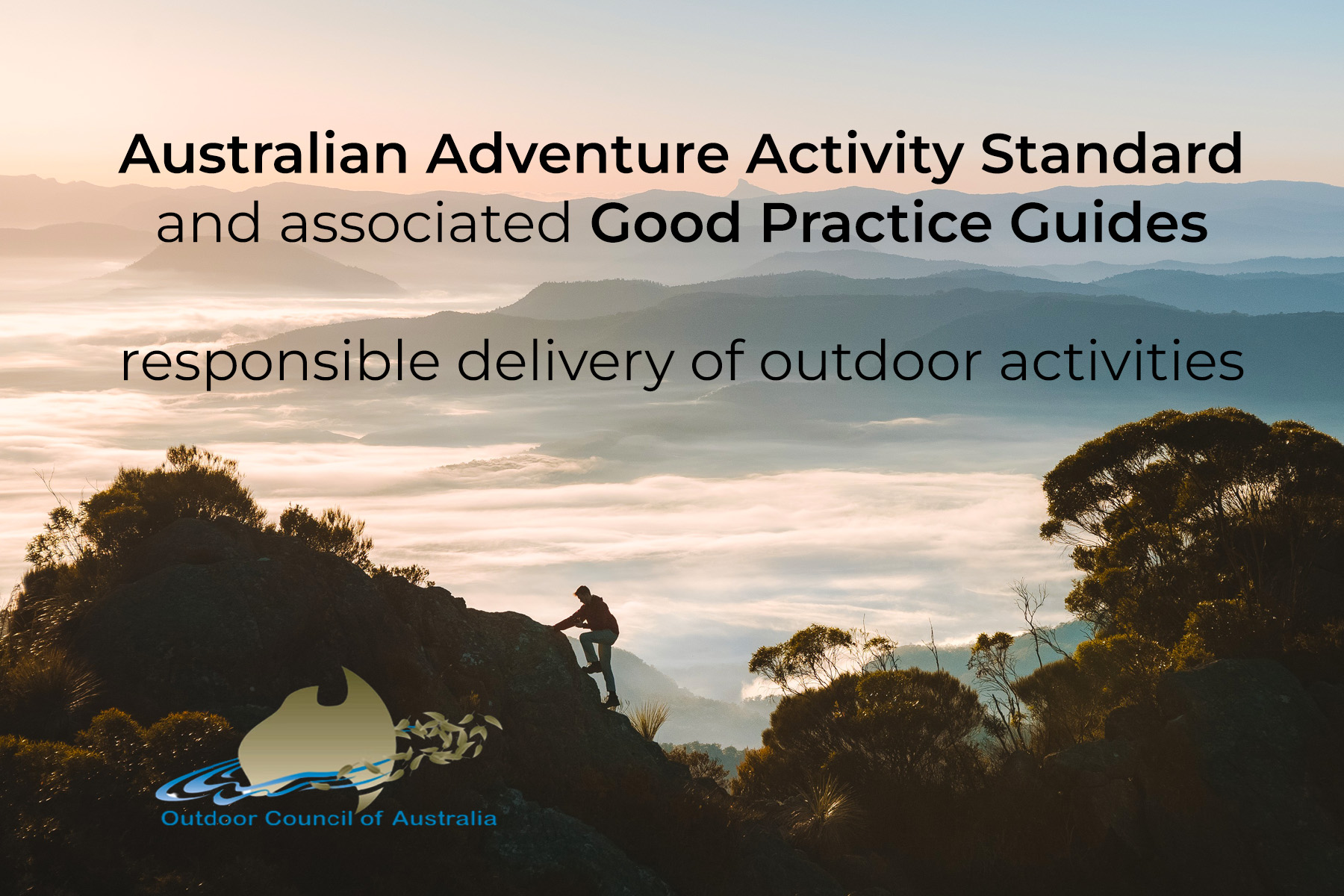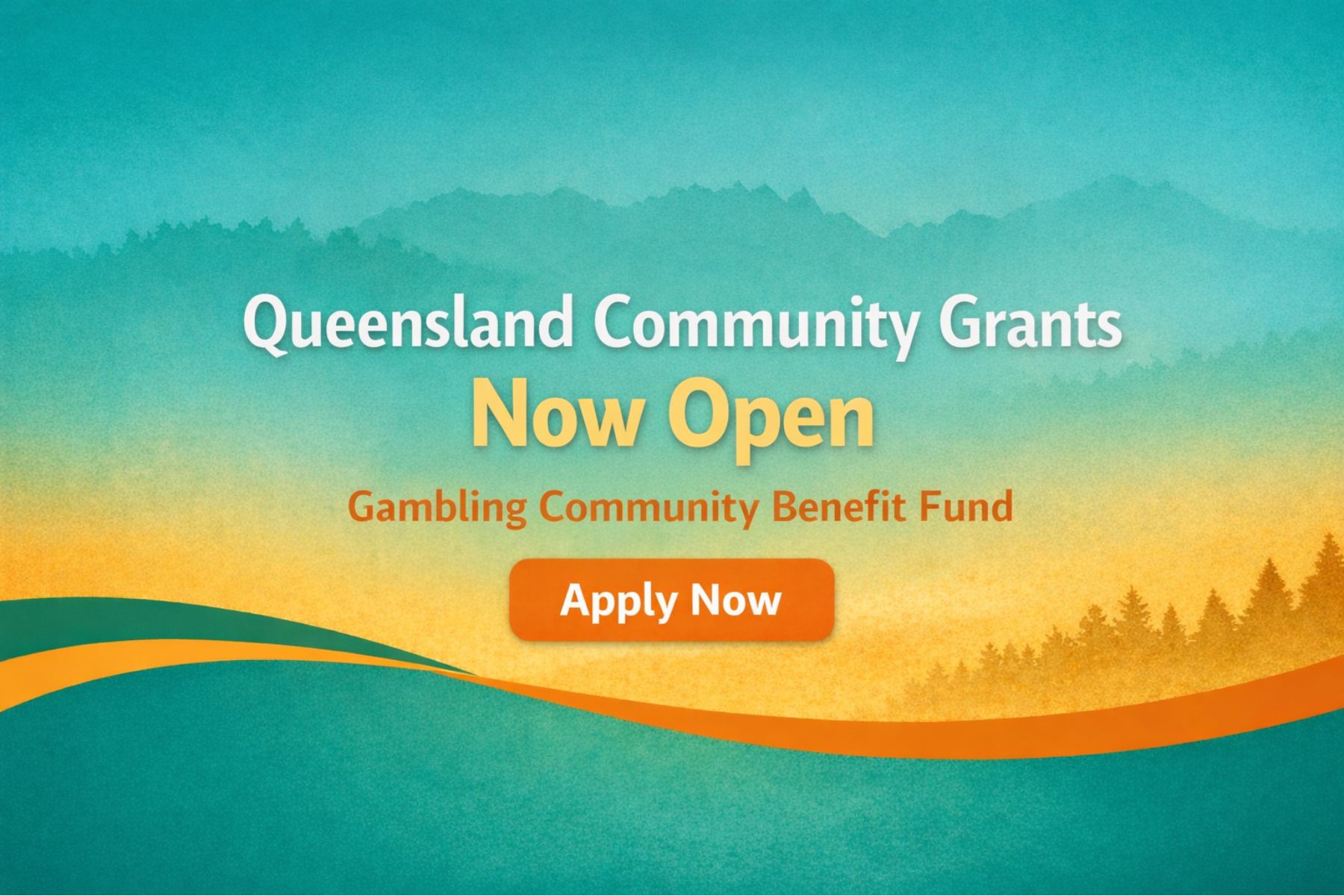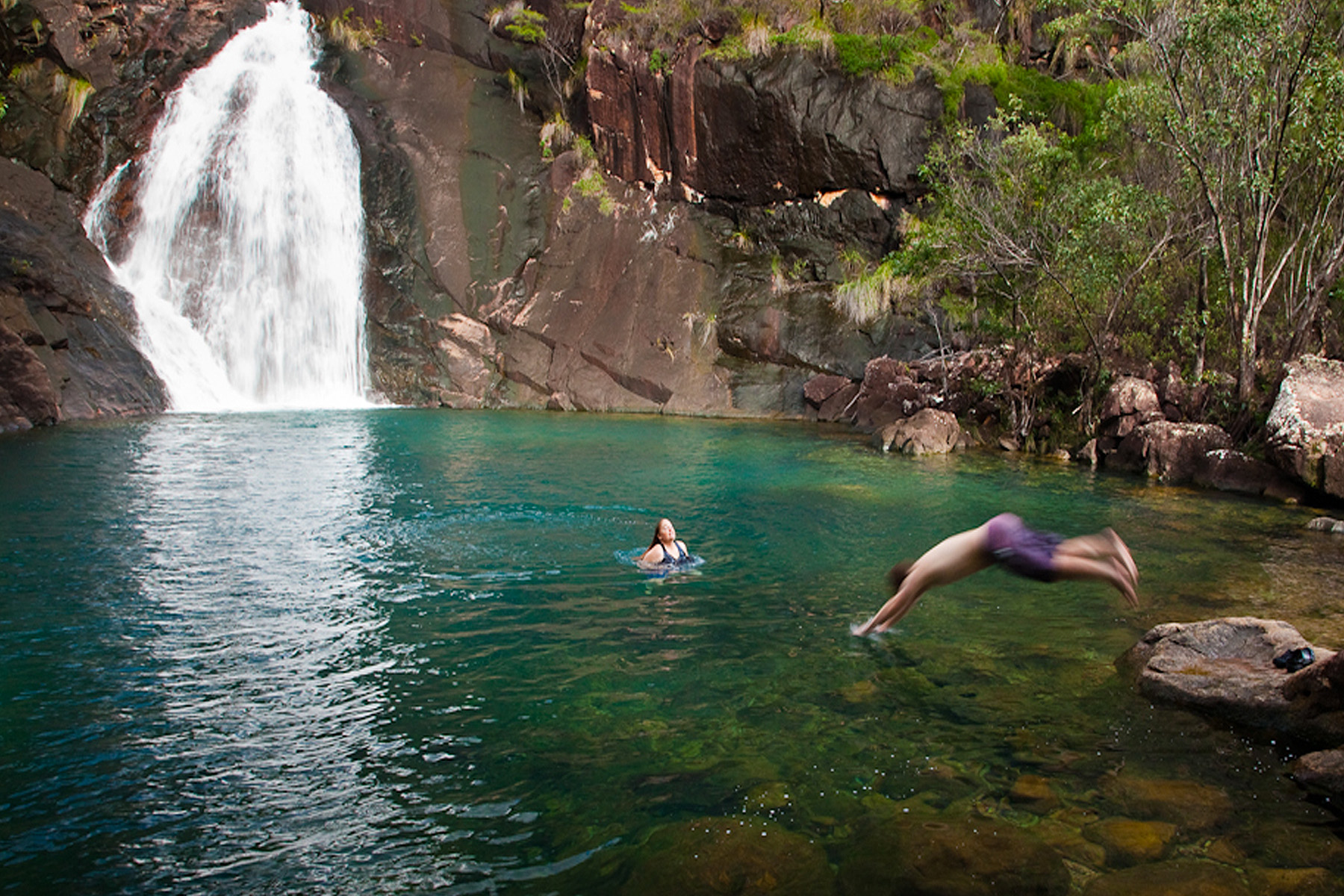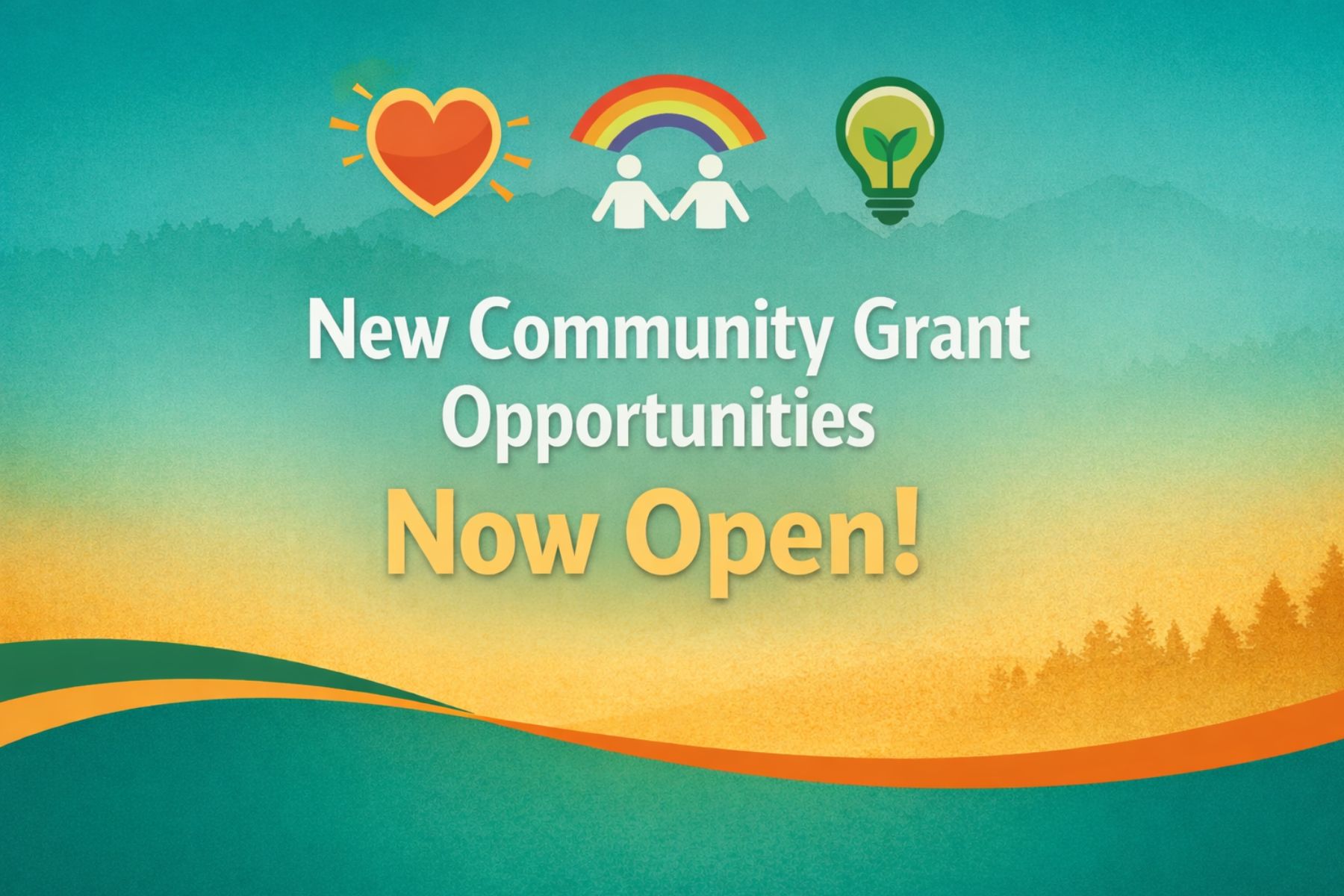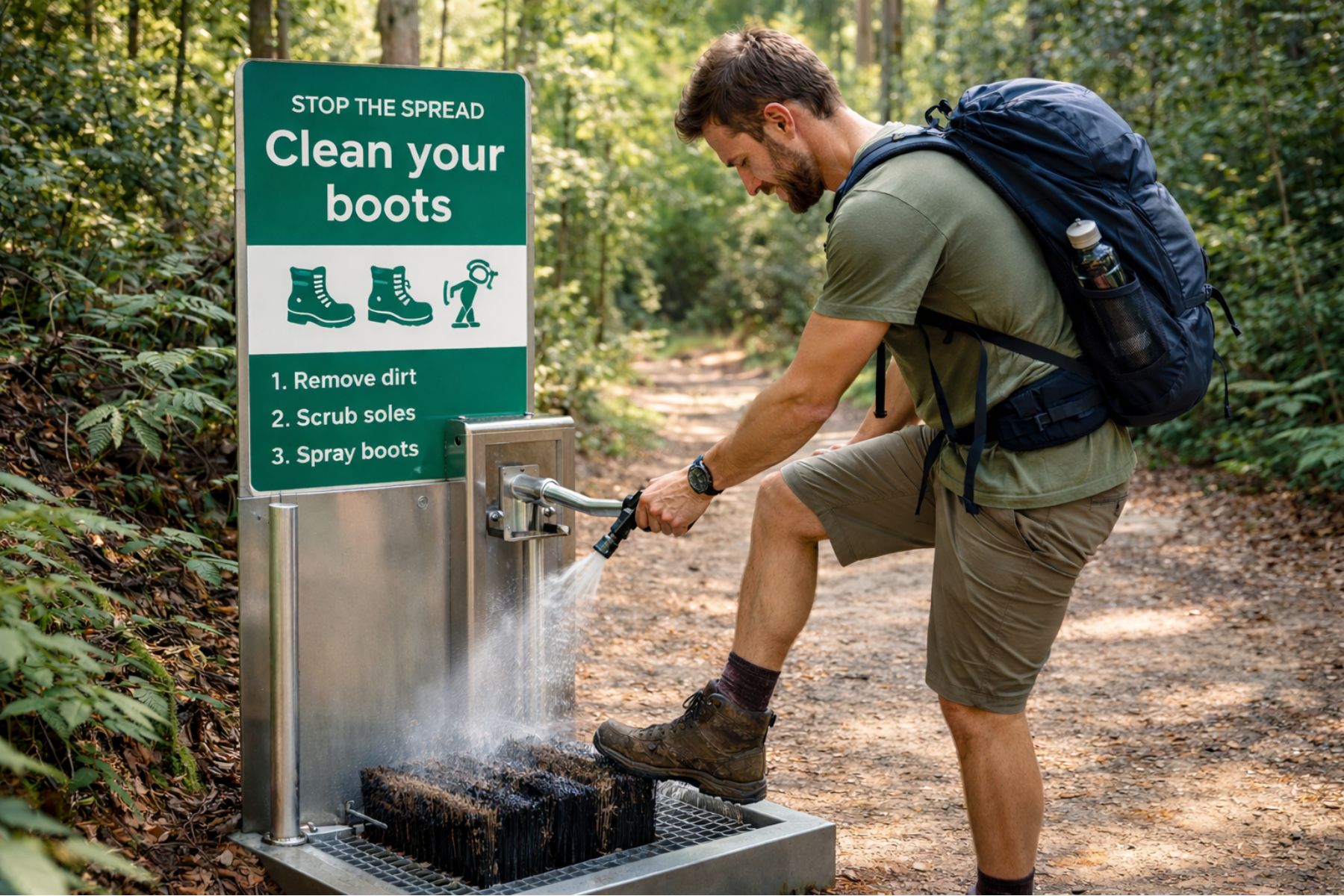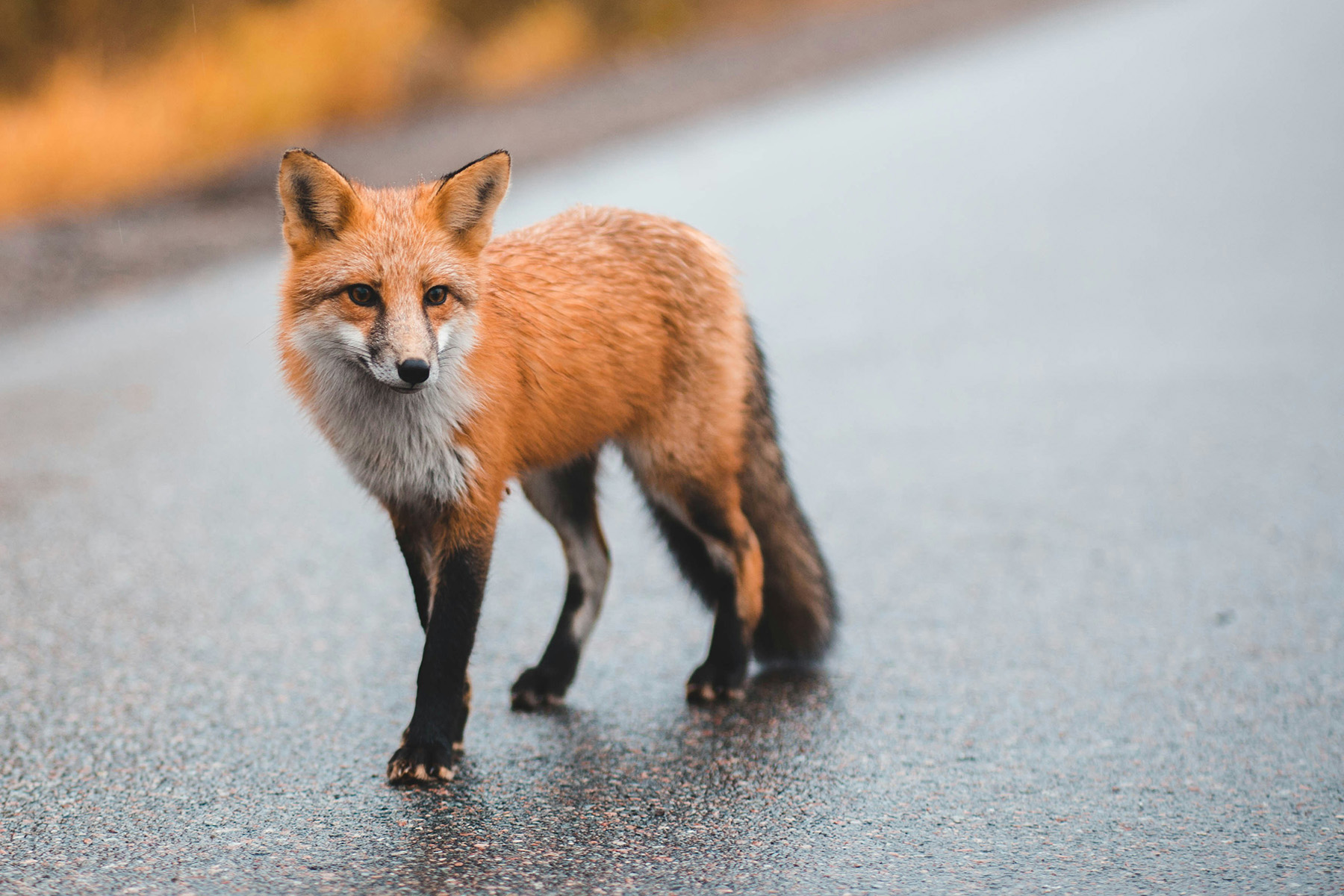Stay up to date with what is happening in the outdoors!
The NAIDOC 2026 Local Grants Opportunity
$3 Million available across 3 funding streams for NAIDOC 2026
Read moreGames On! Grassroots Infrastructure Program
The second round of the Crisafulli Government’s Games On! program launched on 3rd Feb 2026
Read moreActive Australian Innovation Challenge
Get Moving, the Heart Foundation is offering grant money to help.
Read moreTurning Headlines into Impact:
How the Outdoor Industry Can Help Fill the After-School Gap in 2026
Read morePlay On! $200 Vouchers – Round 2
Callout to providers to register for vouchers to boost participation across Queensland
Read moreBecome a member of Outdoors Queensland
Step outside and be part of the larger outdoors community. Being a member is an incredible opportunity to strengthen Outdoors Queensland's impact through our collective voice and effect real, positive transformation across the outdoor sector.
Support & Community
Joining Outdoors Queensland means becoming a part of the larger outdoor sector. As a member, you'll have the support of a network that understands and shares your passion for the outdoors.

Strengthen Our Collective Voice
Membership of Outdoors Queensland amplifies our collective voice on critical issues affecting the outdoor sector. Together, we can advocate more effectively for the interests of our community.

Access Resources and Information
Members of Outdoors Queensland gain exclusive access to a wealth of resources and information that can support their personal and professional development in the outdoors sector.
Emails You Will Look Forward To Reading
Stay on the pulse of the outdoors in Queensland through a subscription offering monthly insights from EO Dom Courtney, the latest news, upcoming events, and job opportunities in the outdoor sector. Use the form or click Subscribe Now! to share your areas of special interest.
